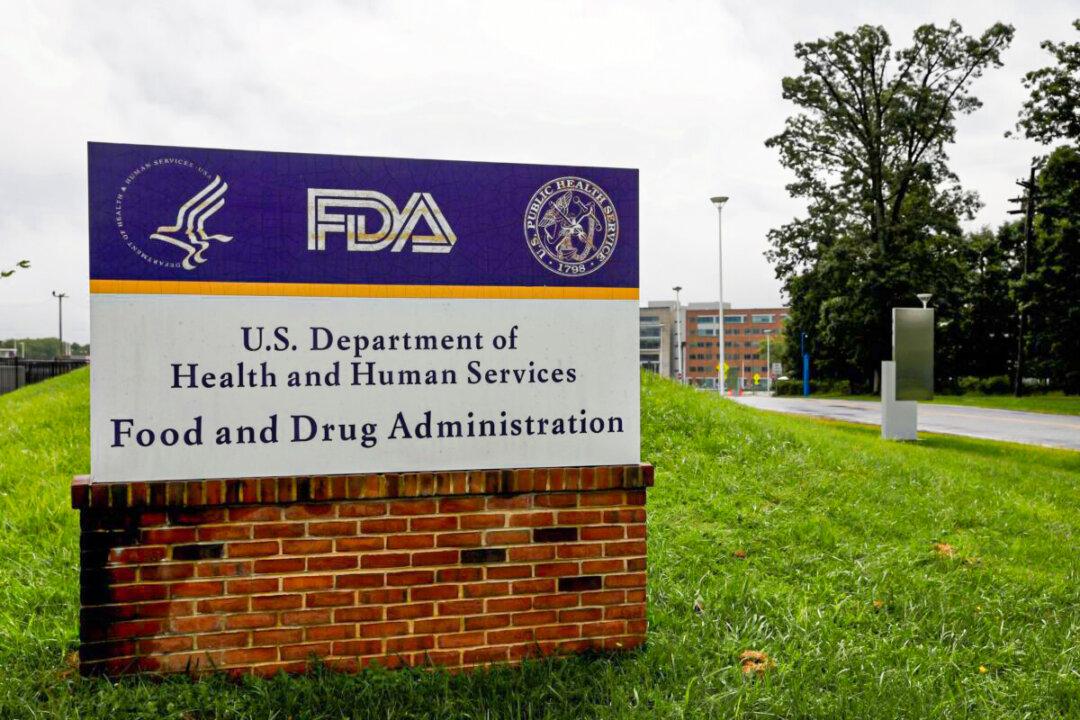U.S. drug regulators have directed health care workers in eight states to stop using a COVID-19 treatment because it may not be effective against an Omicron coronavirus subvariant that’s rising in prevalence.
The Food and Drug Administration (FDA) said sotrovimab, a monoclonal antibody used to treat COVID-19, can no longer be used in Connecticut, Maine, Massachusetts, New Hampshire, New Jersey, New York, Rhode Island, and Vermont.






